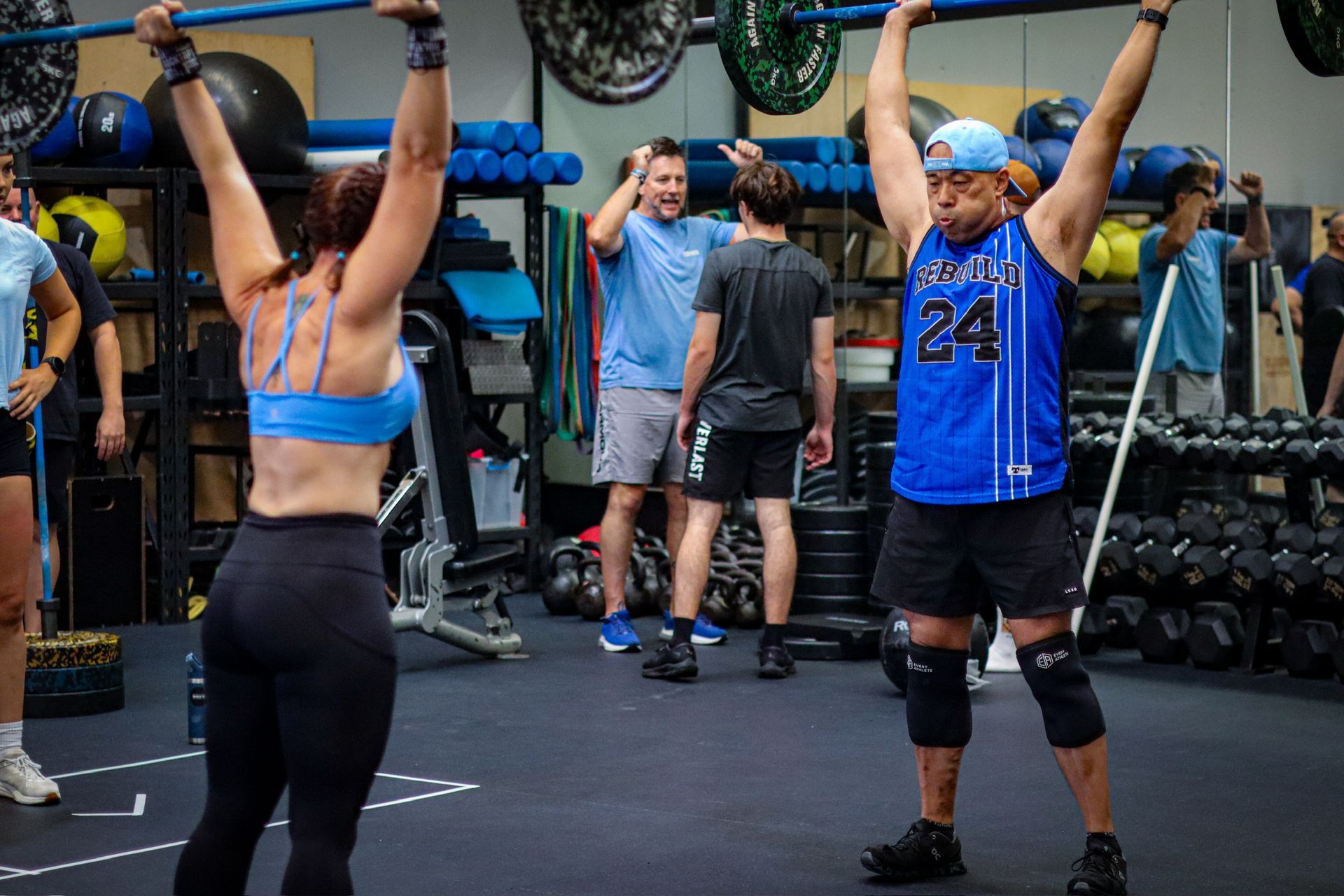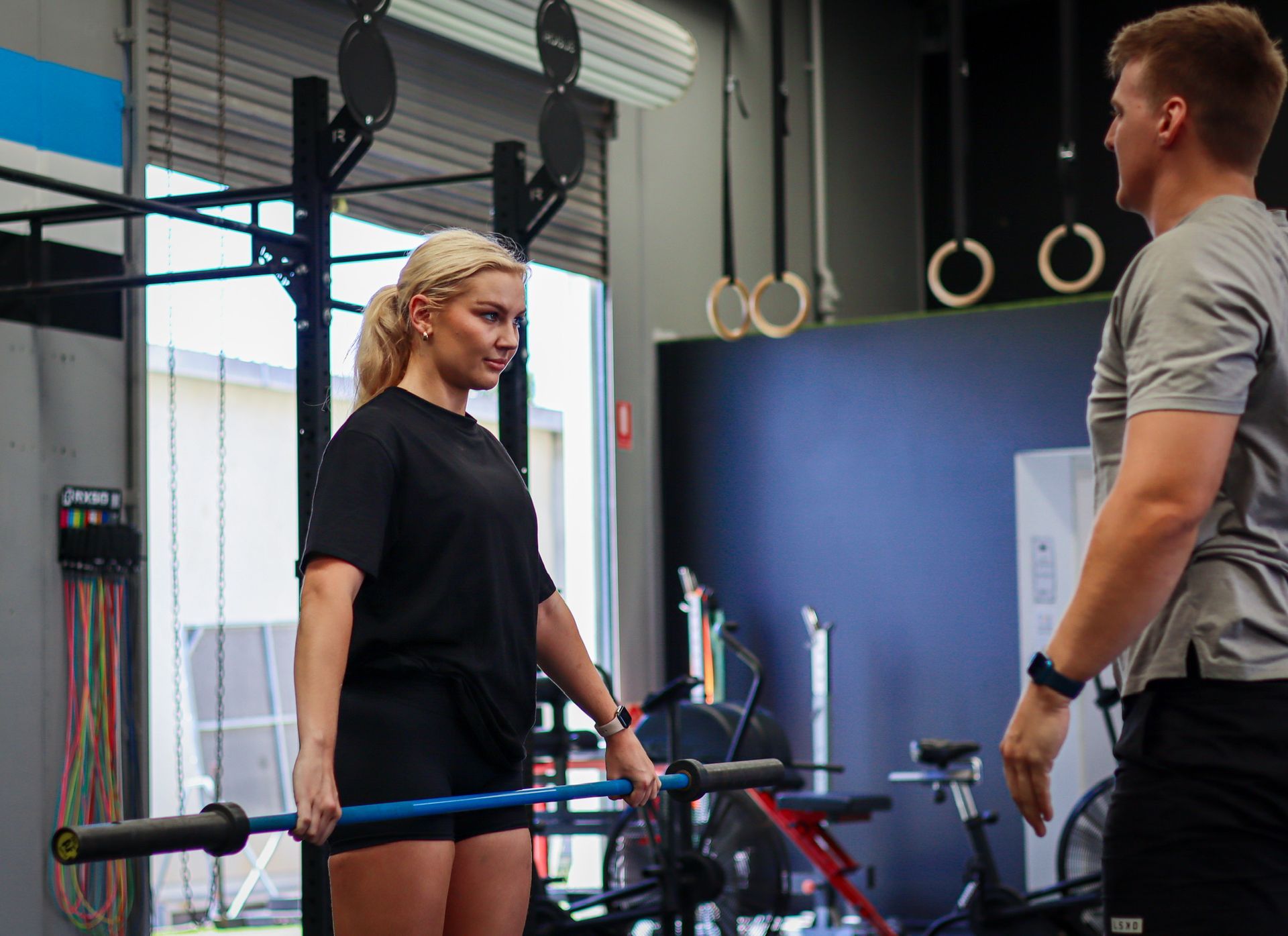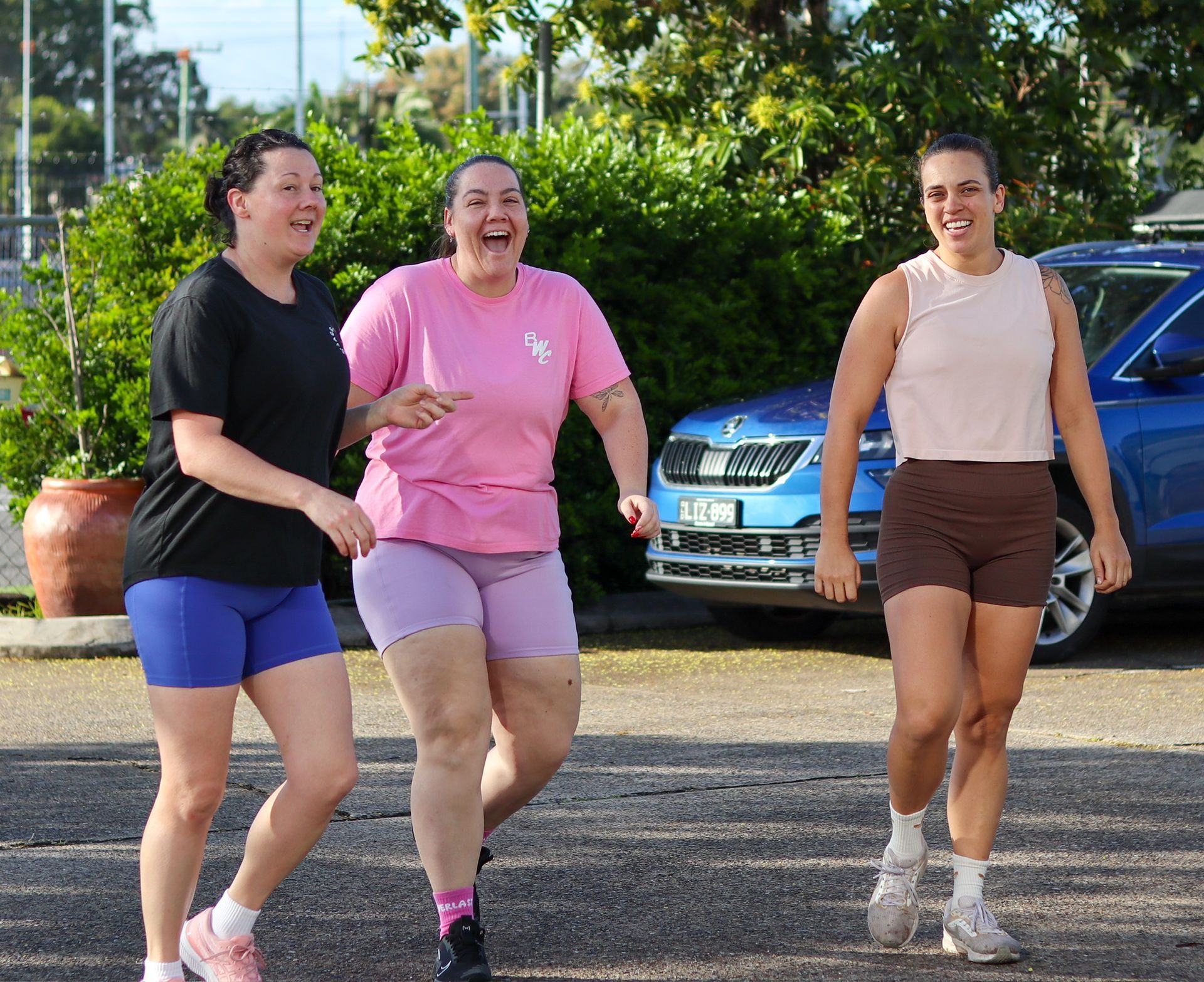The Psychology Behind Performance: With Sports Psychologist Rachel Jones
The intense hours of training, the constant drive to be number one—it all takes a toll over time. This is where a sports psychologist steps in to make a real difference.
Rachel Jones, a sports psychologist based in Australia, shares her approach to building trust with clients, tackling self-limiting beliefs, and the strategies she uses to help athletes thrive—not just in sport, but in life.
Rachel's Background
Rachel has been in the field for over 10 years, driven by a passion for helping people be their best.
"I've always been interested in the person behind the performer," says Rachel.
"Not just the sports person, but understanding the whole person."
Her motivation comes from witnessing talented individuals struggle off the field, despite their
extraordinary success in competition.
She realized she wanted to reduce suffering and help people unlock their true potential.
Rachel's professional experience includes roles in:
- Strength and conditioning
- Athlete welfare
- Sports rehabilitation assessment and management
- Tactical training
This broad background gives her additional perspective in her sports psychology work, with a special focus on injury rehabilitation and pain management.
Building Trust with Athletes
Because of stereotypes around mental health, athletes often feel reluctant to open up to a sports psychologist.
"People sometimes worry—'Are you reading my mind?' or 'Talking to you must mean something is seriously wrong,’" Rachel explains.
Breaking down this stigma is a big part of her role.
Rachel emphasizes:
- Maintaining confidentiality to create a safe space for athletes
- Balancing trust between athletes and coaches/medical teams
- Being relaxed yet professional, keeping clear boundaries while encouraging open conversations
Tackling Self-Limiting Beliefs
Athletes often carry self-limiting beliefs that can hold them back.
Rachel breaks it down:
"It can stem from criticism, perfectionist tendencies, poor experiences after mistakes, or tying self-worth solely to performance outcomes."
These beliefs can be:
- A result of past failures or judgment
- Symptoms of perfectionism
- Linked to performance-based identity (believing your worth depends solely on how well you perform)
Helping athletes identify and dismantle these beliefs is crucial to unlocking their true potential.
Strategies That Work
The strategies Rachel uses are universal—they aren’t just useful for sports; they apply across life.
"Strategies we talk about for performing under pressure at a stadium are the same strategies you can use heading into a job interview or having a difficult conversation."
Key points:
- Crossover skills: Resilience and pressure-handling techniques benefit both sport and real life.
- Youth development: Even young athletes can start learning mental strategies early—and practicing them in school helps them in sport.
- Daily practice: Using techniques like breathing control, mindset reframing, and visualization in everyday situations strengthens their impact in performance settings.
Rachel emphasizes that the younger an athlete starts practicing these strategies, the easier it becomes to use them instinctively when it matters most.
Final Thoughts
Sports psychology isn't about fixing what's broken—it's about unlocking the best in people. Through trust, tailored strategies, and addressing the deeper mental blocks, Rachel Jones helps athletes not just perform better, but
live better too.
Previous Blogs




